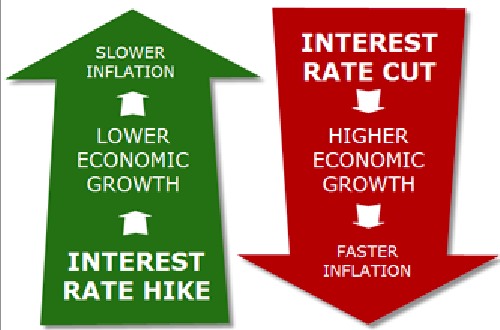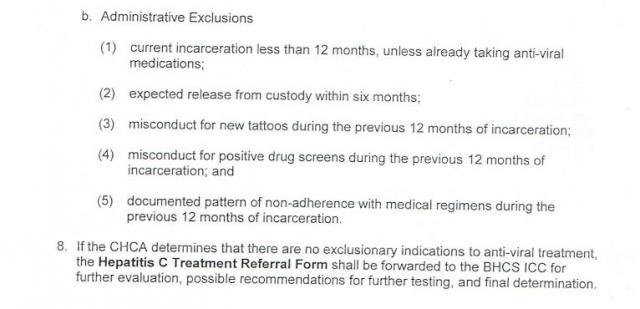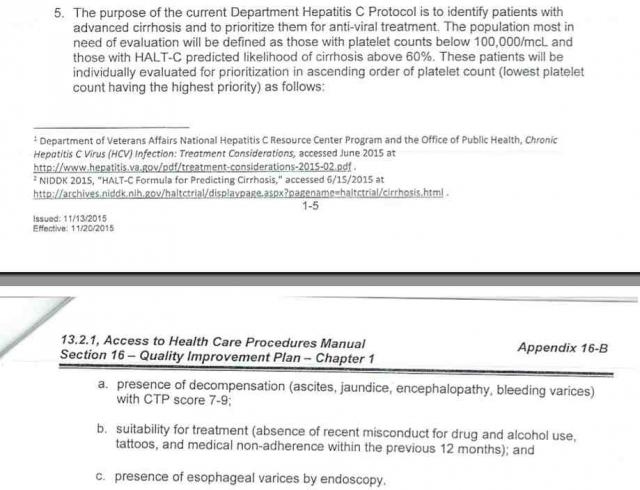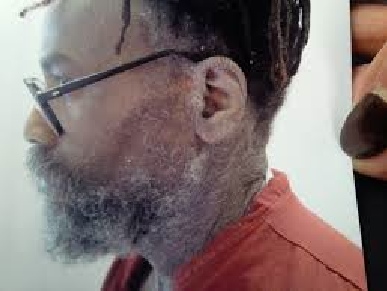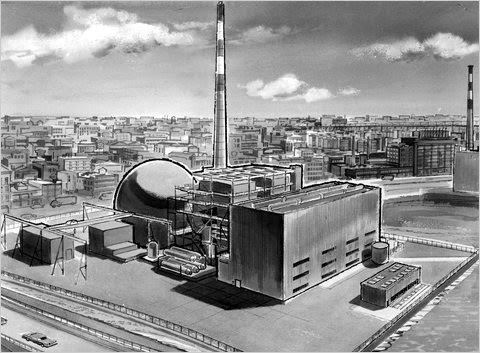I admit I’ve been slow to warm up to the idea of supporting Bernie Sanders. Maybe it’s because I publicly backed Barack Obama in 2008 and quickly came to rue that decision after he took office.
But I have decided Bernie Sanders is different.
It’s too facile to simply label him another “hope-and-change” Obama, or just another Bill Clinton liberal poseur, put in the Democratic race to lure left-leaning voters. When I wrote that I backed Obama, back in ’08, I said that it would be important for people on the left to stay organized and to press Obama, after election, to live up to his promises on health care reform, labor law reform and other issues. There will be no need to push Sanders on his issues if he wins. Unlike Obama, who after all was pretty much selected and groomed by elements of the Democratic Party leadership and the Wall Street crowd to run for them and their agenda, in the outsider Sanders’ case these issues have been the driving force of his political life since he was in college or maybe earlier. The party establishment is terrified that he might win.
As Sanders demonstrated in Sunday’s debate, and as he has been demonstrating on the campaign trail with his full-throated call for a single-payer national health care program and a trust-busting break-up of the giant banks whose assets (the six largest banks combined) are equal to a staggering and totally unconscionable 60% of the nation’s economy (the US GDP), and particularly as he has demonstrated by resolutely refusing to take corporate money to fund his campaign, while denouncing the buying of his Democratic opponent, Hillary Clinton, by the financial and the pharmaceutical industries, Sanders is out to make change, not promise to make it.
Let’s start there. Sanders is not your ordinary, run-of-the-mill left liberal political candidate. When is the last time that you’ve heard a candidate for the Democratic Party’s presidential nomination jump into a question posed on national television by the high-priced corporate news “talent” about whether he’s a “democratic socialist” and answer, “Yes, I am.”
We can debate what that means, as opposed to being a socialist or a social democrat, but the point remains — Sanders wears and has worn the label “socialist” with not just pride but with a refreshing in-your-face assertiveness. And yet he is threatening to upend the presumed front-runner in this race — an avowed capitalist. Why? Because most Americans are fed up with the rapacity and inherent corruption of American capitalism.
During its coverage of the debate, NBC flashed on its screen the results of a Seltzer & Co. poll of likely voters planning to attend Iowa’s Democratic caucuses on Feb. 1. They had been asked whether they considered themselves capitalists or socialists. The surprise result: 38% said they were capitalist, and 43% said they identified themselves as socialist.
My complaint, and that of many on the left, regarding Sanders has been his record over the years since he became a member of Congress in 1990, of supporting US military actions abroad, as well as other imperialist policies, such as the deadly 1990s embargo of Saddam Hussein’s Iraq which reportedly led to the death by disease of as many as half a million Iraqi children who had to drink untreated water because of the resulting unavailability of chlorine.
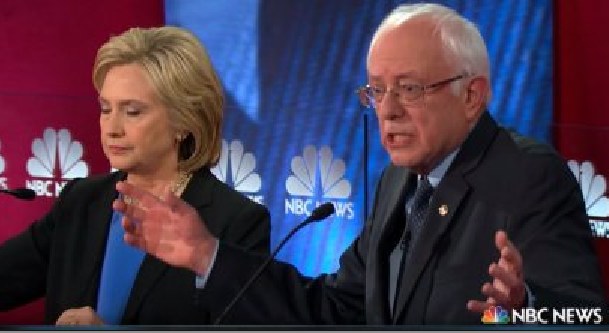 Bernie Sanders blasts Hillary Clinton during the Jan. 17 debate for using the “Republican charge” of lying that his Medicare for All plan would “dismantle” Obamacare (Clinton and Republicans conveniently forget to mention that while many would see their taxes go up to fund universal healthcare, there would be no more private insurance premiums, for either individuals and families or employers).
Bernie Sanders blasts Hillary Clinton during the Jan. 17 debate for using the “Republican charge” of lying that his Medicare for All plan would “dismantle” Obamacare (Clinton and Republicans conveniently forget to mention that while many would see their taxes go up to fund universal healthcare, there would be no more private insurance premiums, for either individuals and families or employers).


